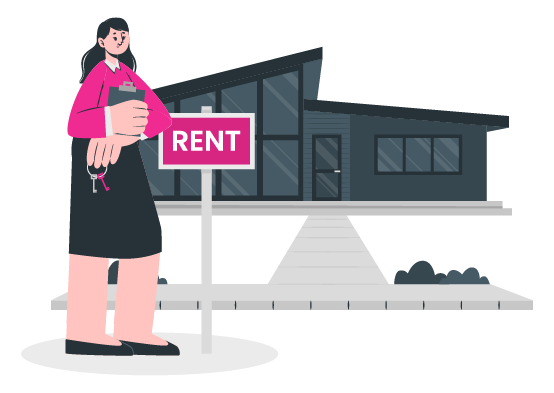The Irish Real Estate news continues to shine a spotlight on the growing influence of foreign investment in Ireland’s property market. From high-net-worth individuals to institutional investors, overseas buyers are playing an increasingly important role in shaping property prices, rental dynamics, and new development patterns across the country.
In this blog, we unpack the key insights, numbers, and implications of foreign investment in Irish real estate — and what it means for buyers, sellers, and policymakers in 2025.
Who Is Investing in Irish Property?
Recent Irish Real Estate news reports indicate a steady rise in non-resident buyers acquiring residential and commercial properties. The primary sources of foreign investment include:
- US-based funds focusing on rental portfolios and build-to-rent developments
- European investors, particularly from Germany and France, attracted by Ireland’s stable economy
- Private buyers from the Middle East and Asia seeking long-term investment assets
In Dublin, nearly 30% of new apartment developments were backed by overseas funding in 2024, while in cities like Cork and Limerick, foreign capital is increasingly present in student accommodation and office-to-residential conversions.
Why Foreign Buyers Choose Ireland
Ireland remains an attractive destination for international property investors due to several reasons:
- Strong rental demand, especially in urban areas and tech corridors
- Favourable tax environment for corporate and institutional investors
- Access to the EU market, making it a post-Brexit strategic base
According to Irish Real Estate news, many international buyers are also leveraging Ireland’s robust legal framework and English-speaking environment as risk mitigators.
Impact on Property Prices and Local Buyers
The surge in foreign investment has sparked debate around affordability and supply. Some key findings include:
- Property prices in high-demand areas have risen due to competitive bidding from cash-rich investors
- Local buyers, particularly first-timers, are being priced out of certain city-centre zones
- Rental inflation is partly attributed to investors focusing on yield over affordability
Policymakers are now assessing how to balance investment appeal with housing access for domestic buyers.
Government Response and Regulation
In response to increased foreign ownership, the government is exploring regulatory adjustments to maintain housing equity:
- Vacant property taxes to discourage land hoarding
- New planning rules favouring owner-occupier sales over bulk investor purchases
- Transparency requirements on beneficial ownership of investment entities
According to recent Irish Real Estate news, these measures are in early consultation stages but signal a more moderated approach to foreign capital in residential housing.
Future Outlook: What to Watch
Looking ahead, foreign investment in Irish property is expected to remain strong, particularly in:
- Green and energy-efficient buildings, which attract ESG-focused funds
- Mixed-use developments offering both residential and commercial components
- Regional cities where returns are growing more competitive
Platforms like FindQo.ie help stakeholders navigate this evolving landscape. With its AI-driven data capabilities, FindQo.ie enables:
- Monitoring of foreign buyer activity by region
- Comparative pricing insights based on live listings
- Tracking shifts in supply and demand due to external capital
Final Thoughts
Foreign investment has become a central thread in Ireland’s property story. While it offers opportunities for development and economic growth, it also challenges housing access and market balance.
Whether you’re a local buyer, estate agent, or policymaker, staying informed is crucial. Use the tools and insights at FindQo.ie to:
- Analyse market shifts in real time
- Identify buyer trends — local and foreign
- Strategise for long-term success in an evolving market
Stay ahead of Irish Real Estate news — only with FindQo.ie.

